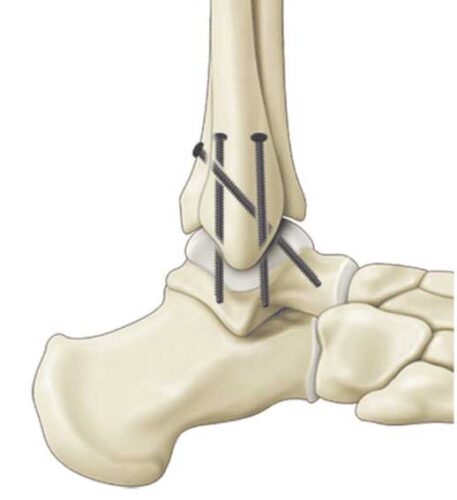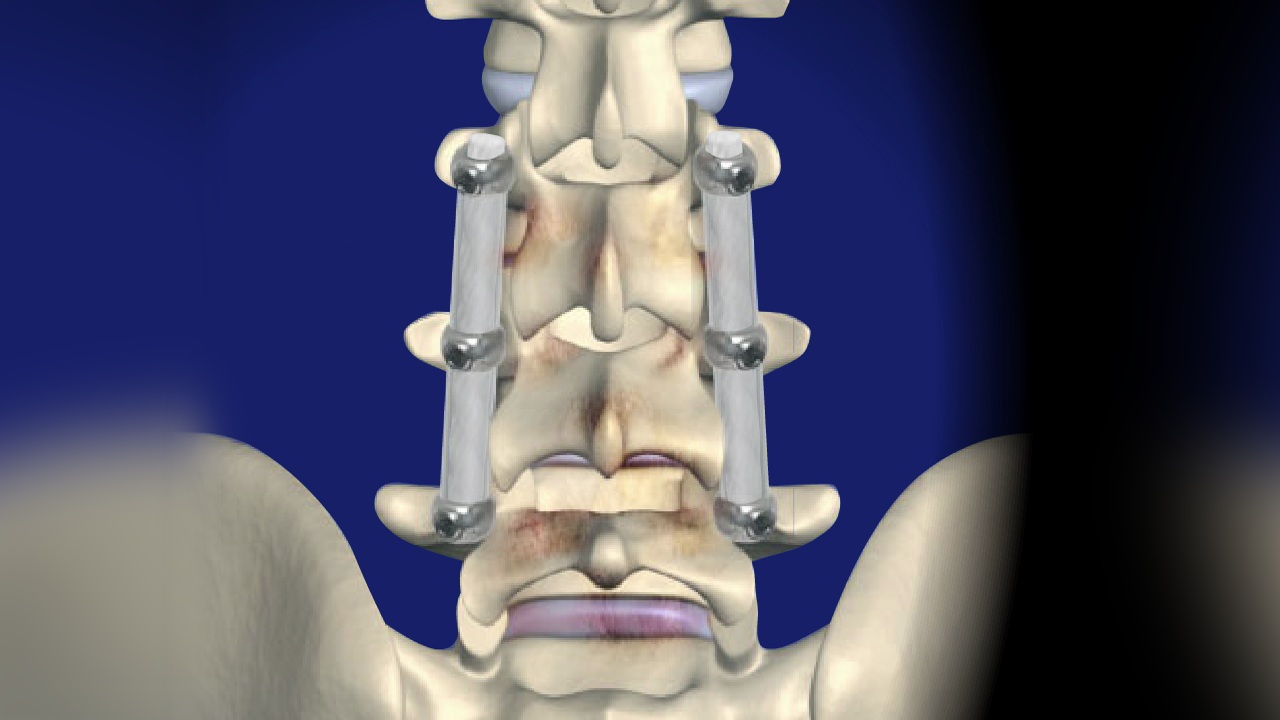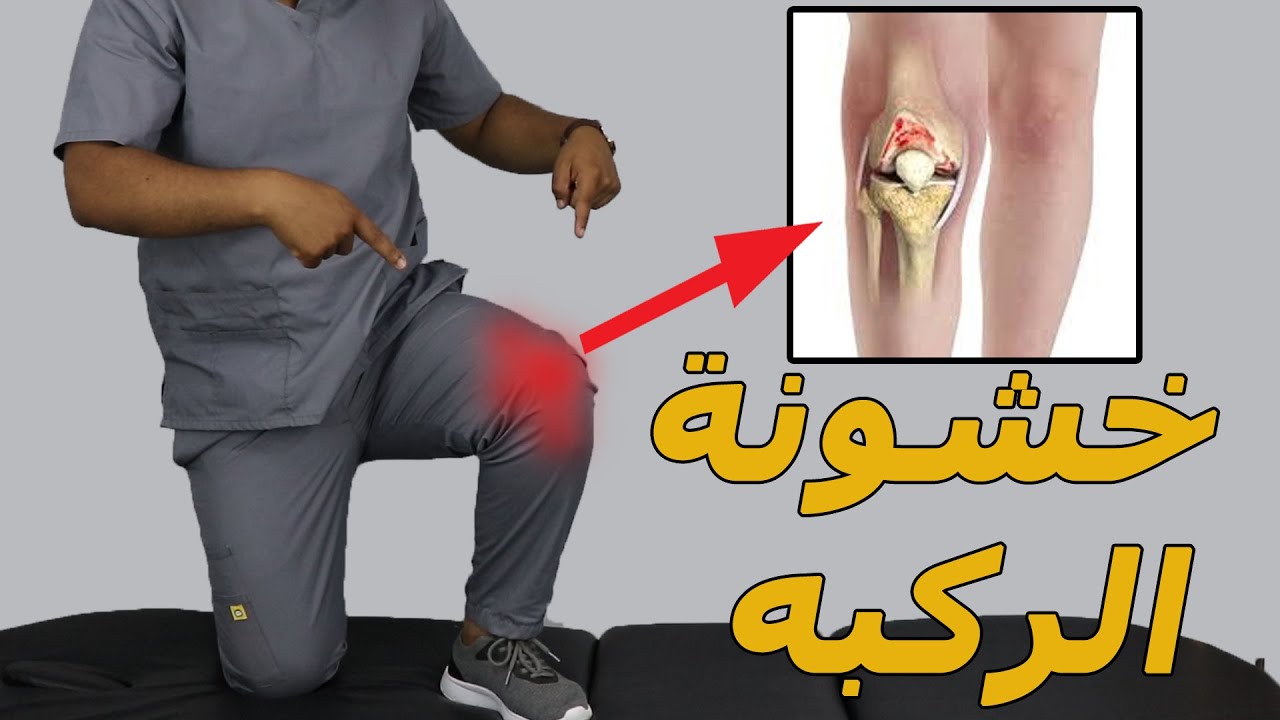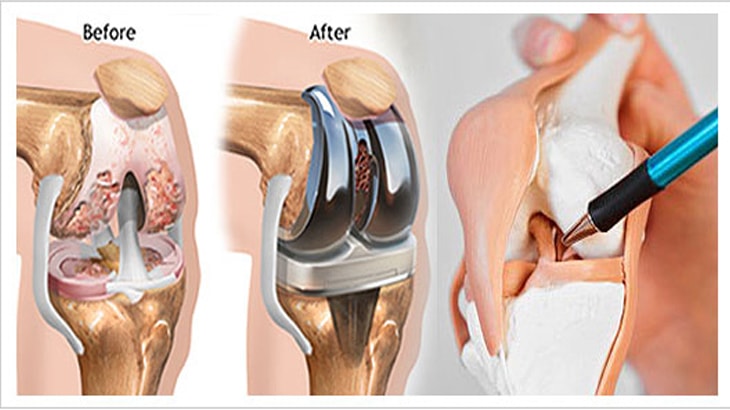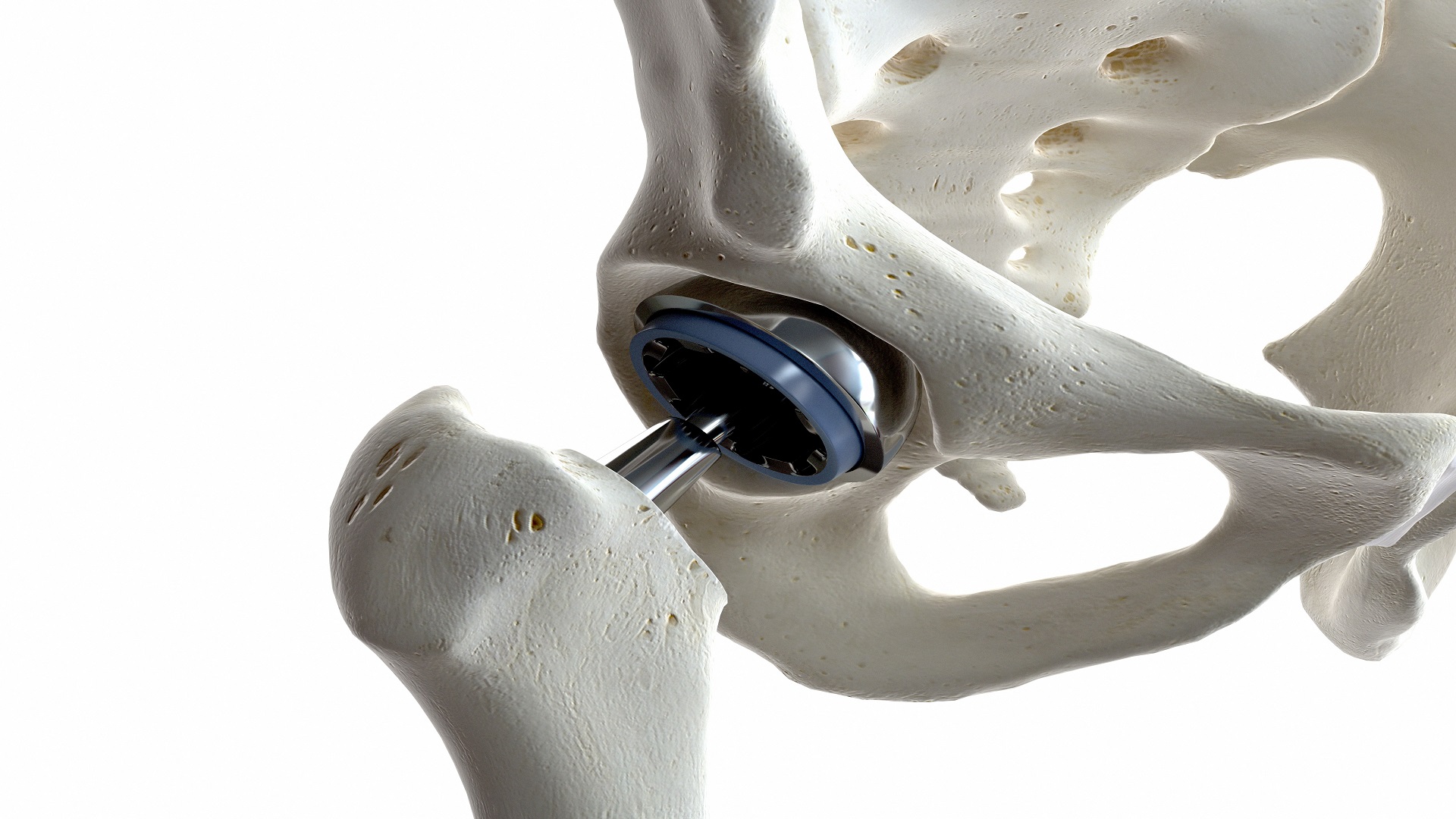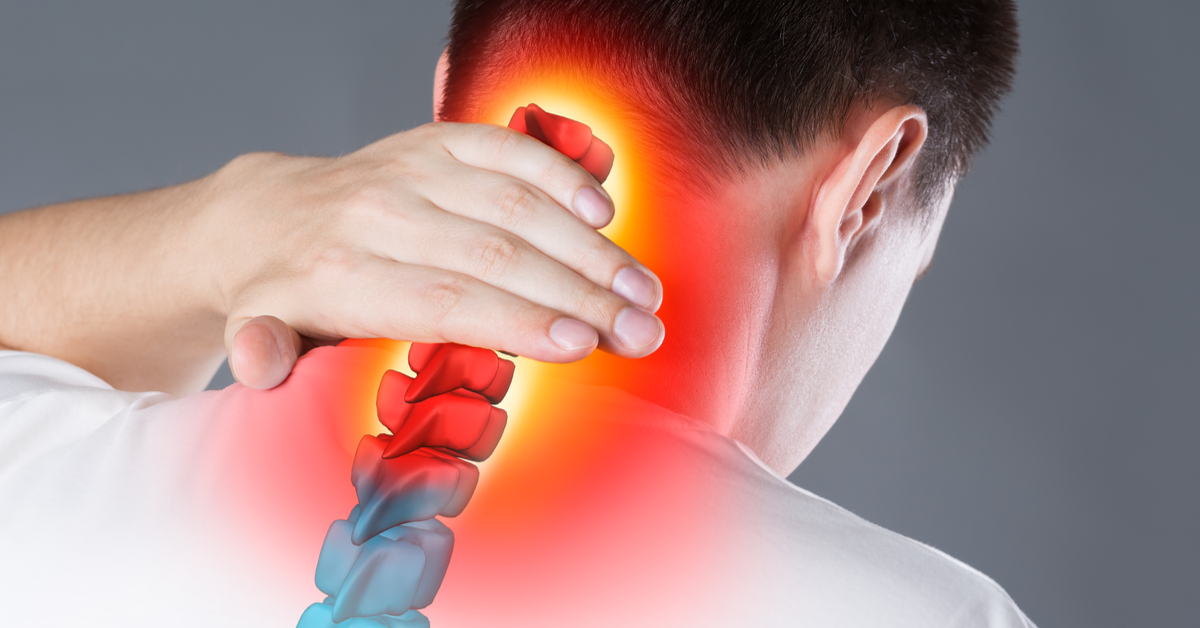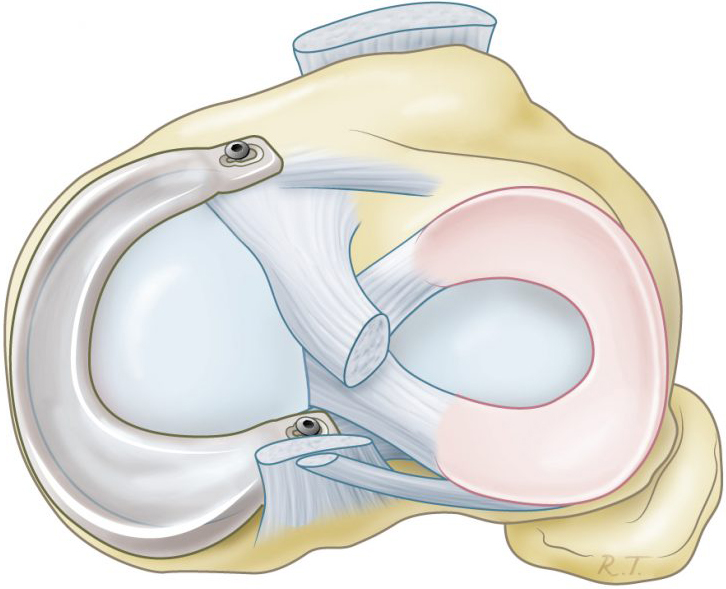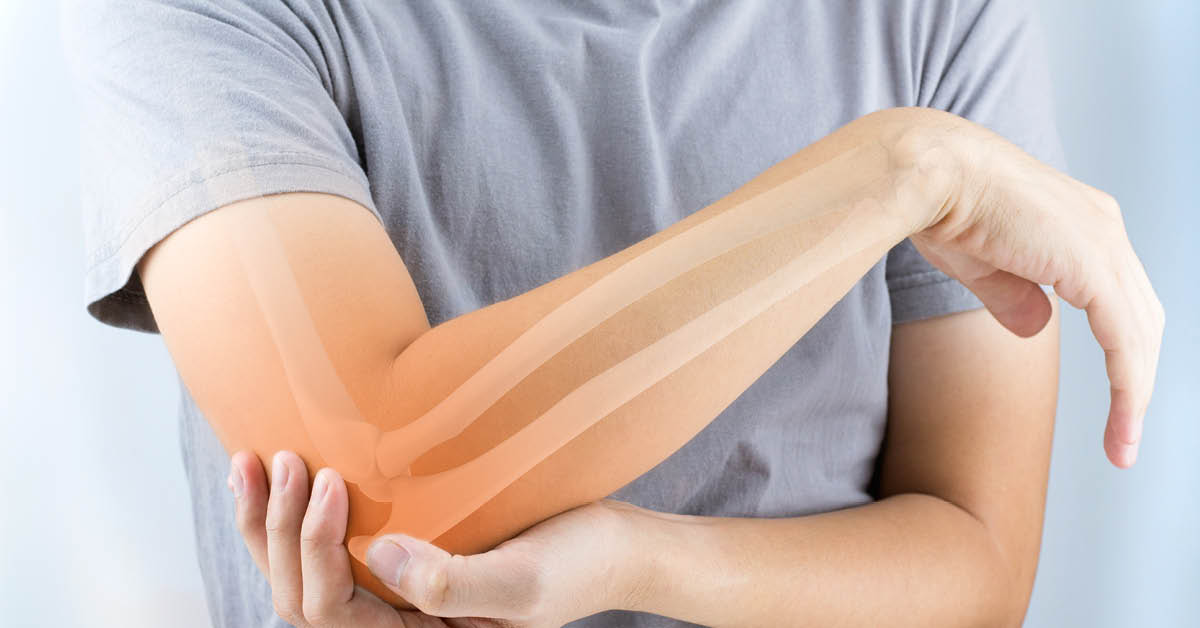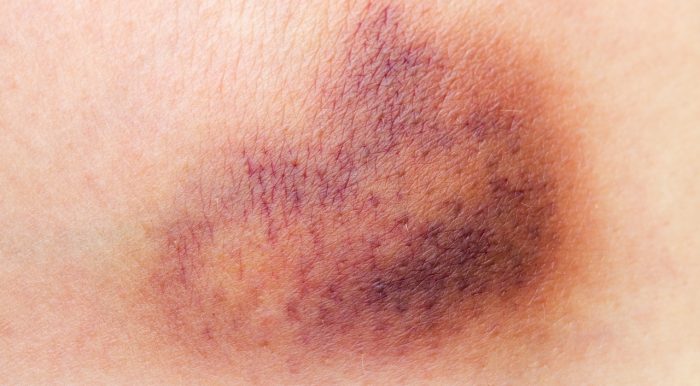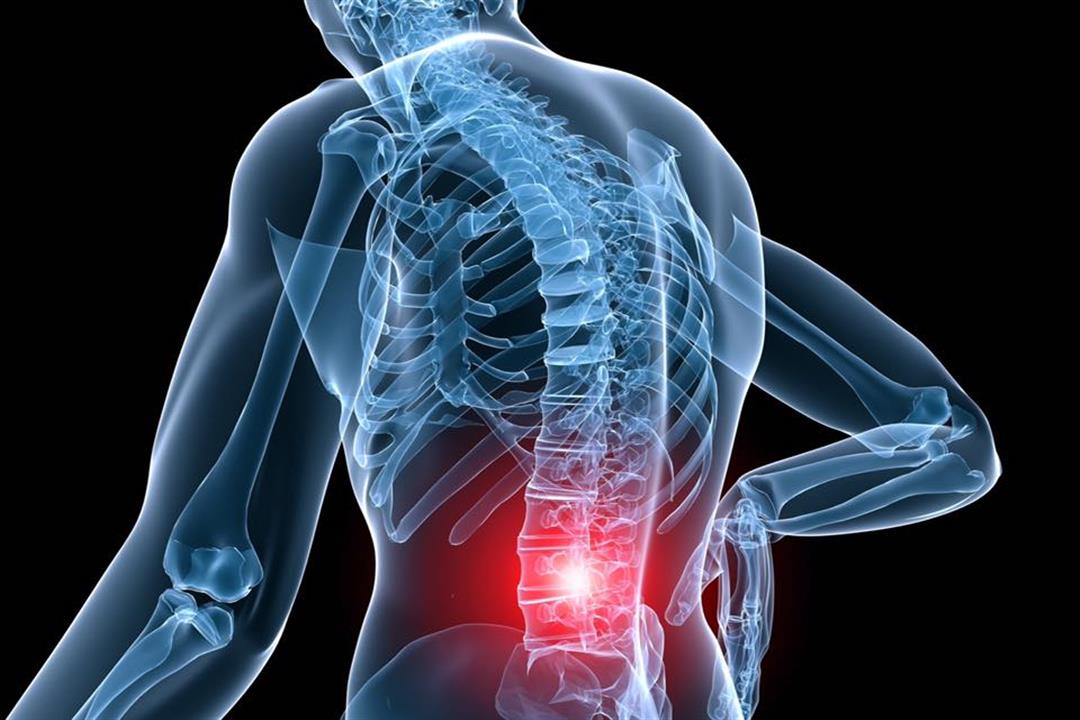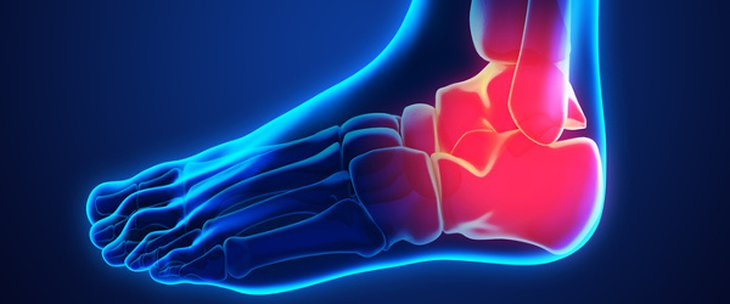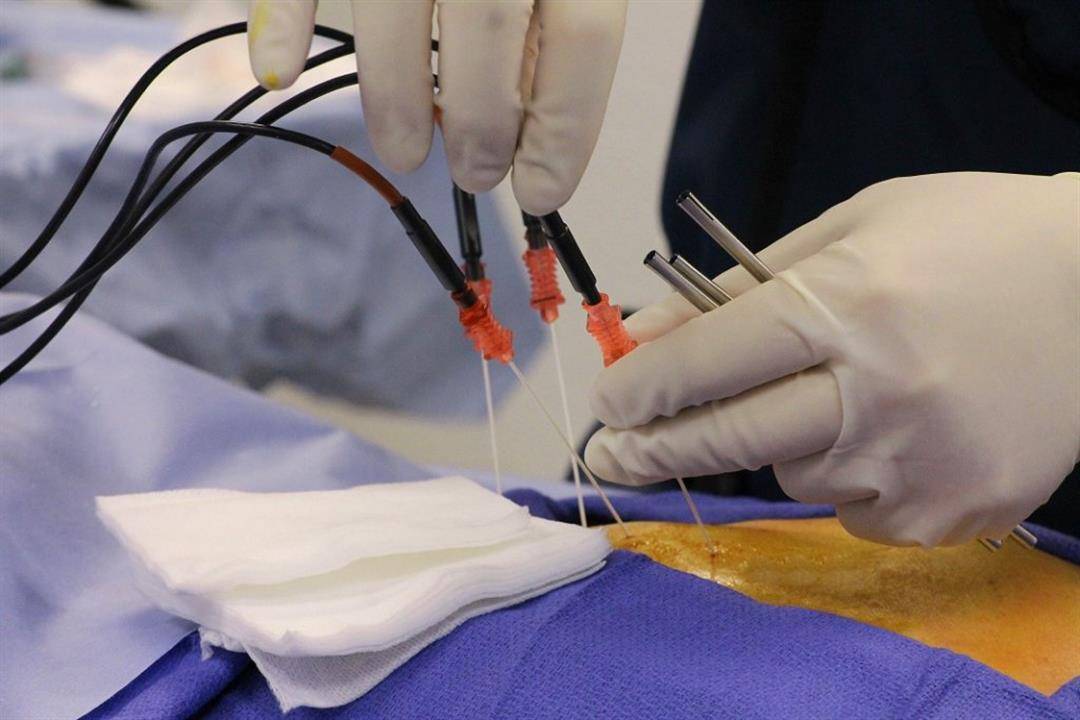Learn more about severe vitamin D deficiency
Have you ever wondered what is the normal percentage of vitamin D that should be available in your body? And when do you realize a mild or severe deficiency? Many people do not pay attention to the importance of compensating for this deficiency as soon as it is discovered to prevent serious complications affecting the normal life of individuals, follow the following article with us to know more information regarding this matter.
Severe deficiency of vitamin D
Vitamin D is very important to maintain the health of the individual and make his physical structure in a healthy state, and for this reason, if he suffers from a deficiency in this vitamin, then many problems begin to appear on him, and there is a deficiency in vitamin D if the rate in the individual’s body is 12 ng/milliliter or less than that.
Some people are more likely than others to develop a deficiency in vitamin D, and an example of them:
- Infants: Breastfeeding the child alone does not give him enough of his vitamin D needs, and for this reason, other means must be introduced to the child’s nutrition.
- The elderly: This is because the individual’s body, with age, is not able to absorb vitamin D effectively, in addition to the weak ability of the kidneys to activate the vitamin to make it usable.
- People with dark skin are not able to absorb the vitamin naturally.
- Those who suffer from digestive problems and disorders.
- Some medications may reduce the effectiveness of vitamin D in an individual’s body, such as high cholesterol medications.
In order to be able to start appropriate treatment right away to prevent serious complications, here are some of the symptoms that indicate a severe vitamin D deficiency:
- Having a defect in the immune system makes the individual vulnerable to infection frequently.
- Feeling very tired and lethargic most of the time.
- Severe pain in the bones, especially the back area.
- Mood swings and bouts of depression.
- Wounds take a very long time to heal.
- Exposure to osteoporosis and softness.
- Excessive hair loss.
- Significant muscle weakness.
Vitamin D deficiency causes flatulence
Flatulence is not a direct result of vitamin D deficiency, but when you notice some digestive disorders such as irritable bowel syndrome, this results in some gases and bloating, which may in turn affect the body’s ability to absorb vitamin D effectively.
For this reason, doctors advise those suffering from Irritable Bowel Syndrome (IBS) to check up on the level of vitamin D in their bodies from time to time. In addition to the need to take nutritional supplements to maintain the percentage of vitamin D naturally in their bodies, in addition to relieving the symptoms associated with Irritable Bowel Syndrome.
However, the individual must know that the severity of the symptoms of Irritable Bowel Syndrome may decrease as long as he continues to take the supplements regularly, but if he stops taking them, they may return to what they were.
Does vitamin D deficiency cause muscle cramps?
The lack of vitamin D in the body of the individual has a great impact on the health of the muscles, which may cause muscle tension from time to time, and some other symptoms appear on the muscles in the event of vitamin D deficiency, such as:
- Atrophy of the skeletal muscles that surround the bones.
- The individual suffers from a myopathic gait (Waddling gait) as a result of weakness in the pelvic muscles, especially in the elderly.
- The individual suffers from general weakness in the muscles of the body.
- Feeling pain in the skeletal muscles of the body.
- Muscle spasm.
- Children’s bones do not develop properly, causing them to develop rickets or osteomalacia.
- The individual’s muscle strength decreases and bone density decreases, making them more susceptible to fractures.
Does vitamin D deficiency prevent weight loss?
The suffering of individuals from a deficiency in vitamin D makes them unable to lose weight and they face great difficulty in reaching the desired results, as many studies have been conducted in this regard on some people who follow a diet despite their suffering from a deficiency in vitamin D.
It was concluded that individuals who were following a healthy diet rich in vitamin D were able to lose weight more quickly than people who had followed the diet without treating the deficiency in vitamin D, and some things explain the association of vitamin D deficiency with weight loss, for example:
- Fat accumulates in the liver and between the muscles, which hinders the body’s ability to absorb the vitamin effectively.
- Those who suffer from obesity have slow movement, and this is why they are not exposed to enough sunlight, and this does not give them the daily amount of vitamin D.
- Not eating healthy foods that are rich in vitamin D increases the weight of individuals and also reduces their ability to lose weight later.
- Vitamin D deficiency in individuals has been linked to increased abdominal fat for both women and men.
Crackling joints Vitamin D deficiency
Many people associate crackling joints as a sign of a deficiency in vitamin D in their bodies, because of what is known about the symptoms of vitamin D deficiency in their effect on the joints in a very bad way, although this matter is not completely certain, there is a relationship between them in another way.
This is because vitamin D deficiency makes individuals vulnerable to inflammatory diseases such as rheumatoid arthritis, in addition to the fact that it has a role in increasing the severity of symptoms and pain that afflicts individuals.
The relationship of vitamin D to nerves
The severe deficiency of vitamin D in the body of individuals causes the nervous system to be greatly affected, which causes many problems such as Alzheimer’s, inability to concentrate, anxiety, and episodes of severe depression.
In addition to the fact that the nerves are also affected by a deficiency in vitamin B, and for this reason, care must be taken to take nutritional supplements to compensate for each of them, and to eat foods rich in vitamins.
What prevents the absorption of vitamin D?
Many reasons may affect the body’s ability to absorb vitamin D effectively, for example:
- The presence of some disorders in the digestive system, chronic pancreatitis, Crohn’s disease, and cystic fibrosis, all of this affects the ability of the intestine to absorb the vitamin from food.
- Suffering from obesity causes fat to become a barrier that prevents the body from utilizing vitamin D well.
- A defect in the function of both the kidneys and the liver makes them unable to benefit from vitamin D in the body in an effective way.
- Taking radiation therapy in an attempt to recover from one of the types of cancer causes the intestine to not be able to absorb the vitamin well.
- Follow one of the surgical methods in order to lose weight, and this works to reduce the size of the stomach and take part of the intestine, which reduces the ability of the body to benefit from vitamins in a good way because of the inability to absorb large quantities of it.

